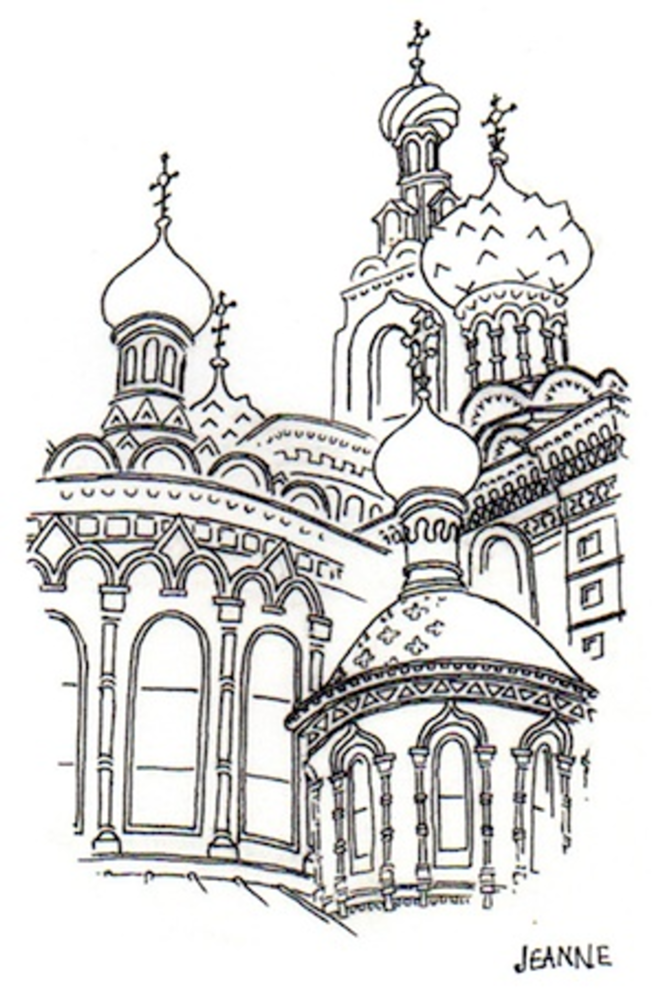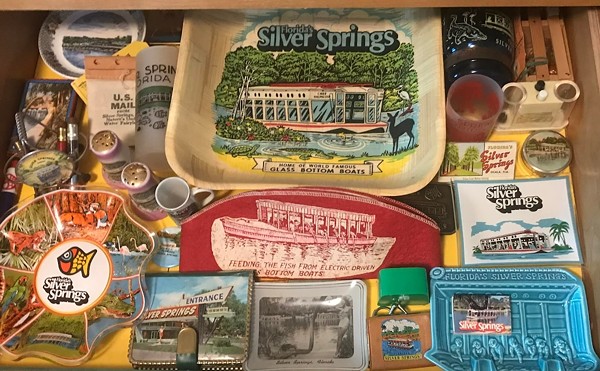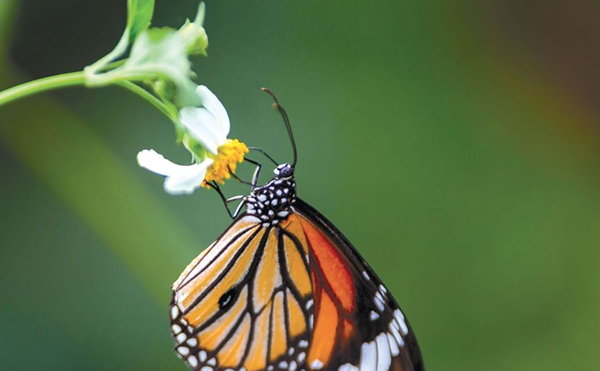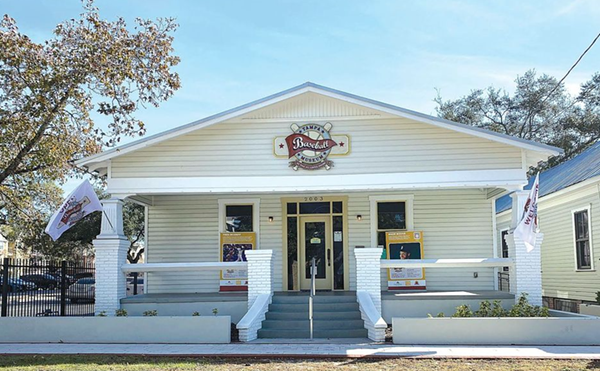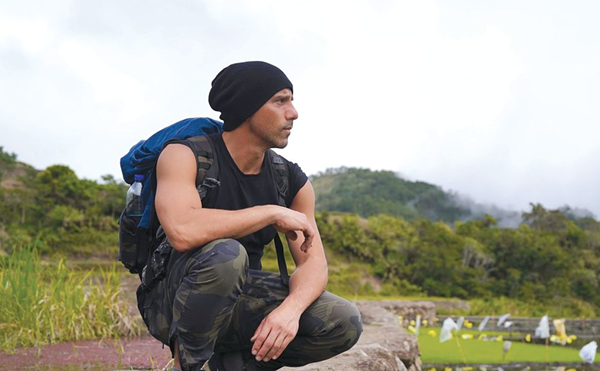Ice is growing on the windowpanes.
The clock is repeating: “Don’t be afraid!”
Hearing what is walking toward me,
I’d be afraid even if I were dead.
It was midnight in St. Petersburg, and I’d just read a poem on the radio. It was a call-in poetry program.
“It’s midnight,” I said in the silence that followed. “Who’s listening to poetry at this hour, much less calling in?”
“Hey,” my friend said. “Wait till you see. We’re all crazy here.”
The phones began to ring.
Ilia Foniakov smiled at me. This was St. Petersburg, Russia, and he was my translator.
Ilia died a few years ago, but I thought of his half-joking remark — We’re all crazy here — as Putin raised the world’s anxiety and sent his soldiers into Crimea. Does he want to start World War III? Are Russians really bonkers? Tennyson’s famous poem about the charge of the Light Brigade during the Crimean War sprung to mind: All in the valley of death…
Earlier in the day, before the radio program, Jeanne and I had visited the novelist Dostoevsky’s house, and then sat drinking coffee in the shadow of St. Petersburg’s most exotic architectural glory, the Church of Spilled Blood, a huge intricate amalgam of colorful onion domes. Building on it began in 1883, two years after Dostoevsky’s death a short distance away (Czar Alexander II was assassinated on the site). A proper monument to the Russian spirit, the Church exudes an over-the-top passion that fuses religion with nationalistic fervor. I can easily imagine a Russian patriot, let’s call him Rush Limbawksi, fulminating from its mosaic archways, urging its congregation to rise up against the infidels outside.
President Vladimir Putin, at 5'5" an inch shorter than Napoleon, exhibits some of the French emperor’s aggressive traits, and may be willing to lead his country into similarly disastrous excursions. Putin’s almost namesake, the mad mystic Rasputin, seemed temporarily untouchable, and Putin too seems impervious to threats. Like Napoleon, he’s tactically shrewd and hard to beat, driven by his own self-regard, stung by supposed insults to himself from American and European leaders.
In his heart, he’s riding the same wave as such disparate groups as the Islamists, al-Qaeda and the Tea Party, a struggle of religious orthodoxy (in Putin’s case, the Russian Orthodox Christian Church) against corrupt secular infidels — the less rational the belief, the more passionate the believers, which is their greatest advantage. Russia’s fierce anti-gay vigilantes are known as “Putin’s God Squad.” (Back home last December, we received several Christmas cards that said “Season’s Greetings,” with notes from America’s milder God Squad claiming that President Obama has forbidden us to say “Merry Christmas.” Millions of Americans believe this stuff.)
I’ve always loved Dostoevsky’s novels, which often do attack secular rationalism, sensing the shallowness and greed of modern commercial societies. But Putin has misread Dostoevsky the way Hitler misread Nietzsche, and the way the Tea Party misreads the Bible. They all pick and choose their favorite lines, out of context, and use them to attack others, ignoring the major message, which is “Look into yourselves and confess your own contradictions and imperfections.” The answer, the wise ones seem to say, isn’t to conquer infidels, but to talk to them and try to embrace them. Brothers and sisters alike, we’re all shallow sinners. (Translated into practical terms: Squeeze Putin, without shootin’.) So far, Obama has the right idea.
To channel Dostoevsky’s “underground man,” I myself am embarrassed for wasting your valuable time with this essay. Let’s put this foolishness aside and ponder our own lives in the shadow of the Church of Spilled Blood.
I beg the door as I would an idol:
“Don’t let disaster in!”
Who is howling behind the wall, like an animal,
What is hiding itself in the garden?
—Both quotes from “Fragment,” by Anna Akhmatova (1889-1966), in The Complete Poems of Anna Akhmatova, translated by Judith Hemschemeyer, Zephyr Press, 1990.

